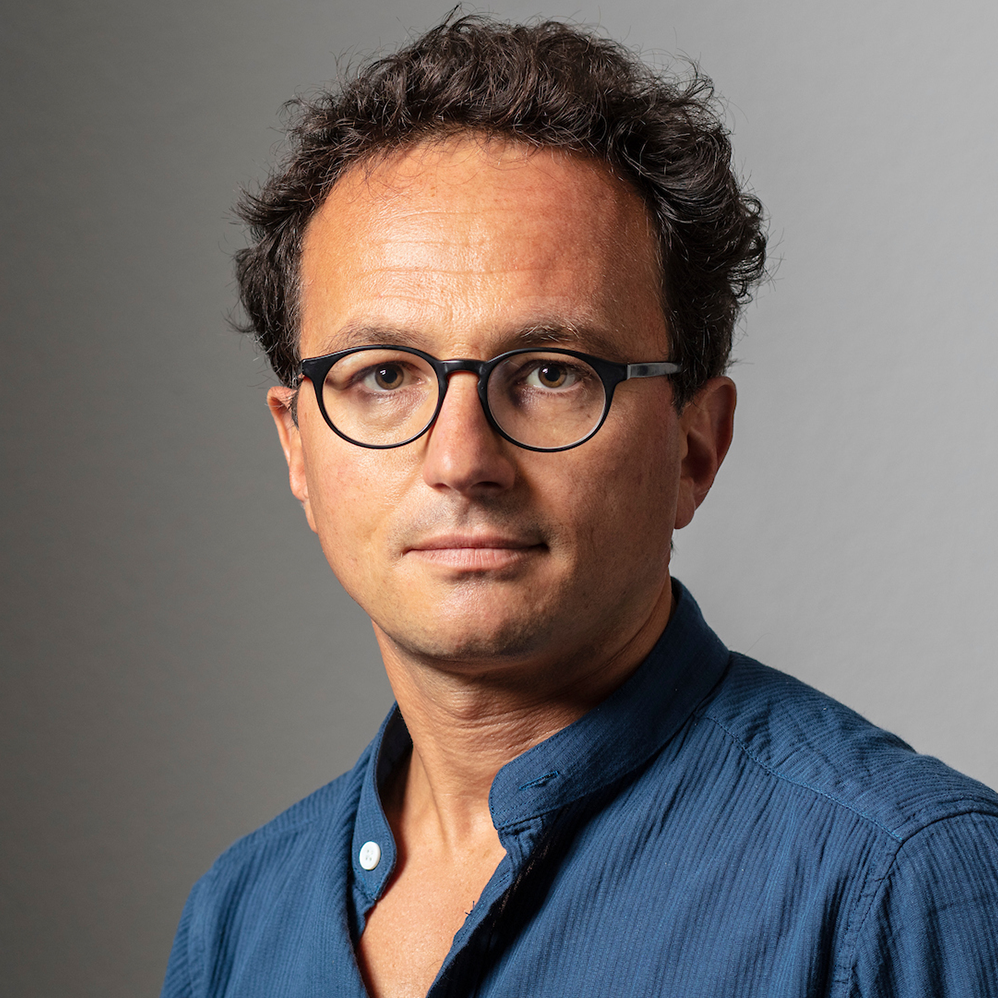Sergei Pugachev: Swiss banks help Putin’s people avoid sanctions

Former Russian billionaire Sergei Pugachev tells SWI swissinfo.ch about his ongoing trial in The Hague against the Russian State, how Société Générale Switzerland allegedly forged his signature and how Swiss banks are complicit in helping Russians evade sanctions.
Pugachev, now known as one of the Kremlin’s most outspoken critics, served as an adviser to former Russian President Boris Yeltsin and, in his own words, says he played a role in helping current president Vladimir Putin rise to power. Once a regular visitor to the Kremlin and an international investor, Pugachev is now a French citizen and lives under the protection of the French state in his villa in Nice.
This is the first time he has let journalists enter his home. “After several assassination attempts in the United Kingdom and France, I have legitimate reasons to be concerned,” he tells SWI swissinfo.ch in an exclusive interview.
In 2008, Forbes magazine estimated Pugachev’s wealth at $2 billion (CHF1.7 billion), ranking him the 50th-richest Russian citizen. Since 2014, he has faced criminal charges in Russia for embezzlement and illegal capital outflow. Today Pugachev is seeking over $12 billion from the Kremlin through The Hague Tribunal “for expropriation of assets”.
Pugachev is also involved in a legal battle against Société Générale Switzerland, alleging that the bank allowed a Russian official to transfer $100 million from his personal account to Russia with a forged signature. He claims that his funds were redirected to the firm and bank associated with Andrei Kostin, chairman of Russian state-owned VTB Bank, and the documents were signed by a colonel from the Federal Protective Service instead of himself.
“Société Générale, like all banks present in Switzerland, is bound by confidentiality and professional secrecy and does not comment on any particular situation,” the bank replied when contacted by SWI swissinfo.ch.
During our interview, Pugachev also accuses Swiss banks of helping Russian oligarchs evade sanctions. “These are special managers who cater to Russian clients,” he says. “They either retroactively process the money or present evidence that valuable securities were purchased, or they transfer the funds to Dubai. Banks engage in these activities partly to demonstrate their loyalty to their clients.”
Edited by Virginie Mangin

More
Child victims in Ukraine – can the trauma be cured?

In compliance with the JTI standards
More: SWI swissinfo.ch certified by the Journalism Trust Initiative














You can find an overview of ongoing debates with our journalists here . Please join us!
If you want to start a conversation about a topic raised in this article or want to report factual errors, email us at english@swissinfo.ch.